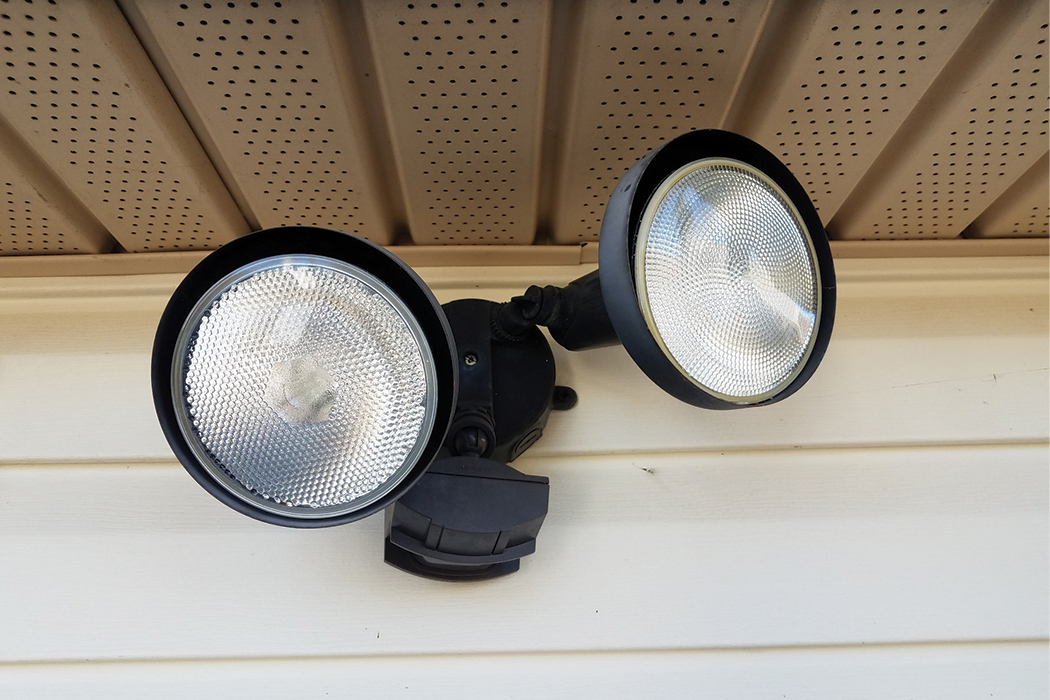Home Security Considerations
A Quick Guide
BY LINLEY STRINGER
December 24, 2020

Choosing a home security system may quickly overwhelm someone who hasn’t determined which equipment will work best for their home. Investing in the right products is one decision that you will need to make in order to best protect your home from burglary or invasion. Here are three things you need to know when deciding on a home security system.
1. Equipment Matters
There are several choices of equipment to consider for home monitoring and protection. Each piece is installed differently and has a unique function.
Monitored smoke detectors identify the presence of smoke to alert you to a fire.
Window and door micro sensors are programmed to signal the opening of a door or window and send an alarm when enabled.
Indoor wireless motion detectors identify movement across a room with heat sensors.
You can position cameras to monitor both indoor and outdoor activity. Additionally, many of these allow you to have two-way conversation and app integration.
Take time to compare your equipment options. Consider what each item’s functions are, as well as how different pieces of equipment will work together for layered protection.
2. Placement Matters
Placement of cameras and sensors requires planning. Although it may be a challenge to avoid blind spots altogether, by taking time to consider walls and different angles, you will be able to place cameras to monitor the largest area possible. Before finalizing equipment placement, test out the view and make sure you have covered the area thoroughly.
Cameras aren’t the only equipment that require strategic placement. Install smoke detectors on every floor of your home, including the basement. Place detectors near ovens and fireplaces to identify a fire as soon as possible. It’s also a good idea to add detectors to hallways to determine where smoke has traveled.
3. Technology Choice Matters
Home automation has moved beyond convenience and can now integrate into many home functions. Two benefits are home automation can help you decrease utility bill costs while also increasing home security. You can program your home security system to integrate with smart features such as automatically adjusting the thermostat, setting alarms, and locking doors at specific times. You can also use home automation to record what is happening in your home when you are away.
Another technology choice to consider is a monitored home security system. While it might seem that a non-monitored security system will protect your home well enough, this type of equipment only alerts you to a problem when you are present or have remembered to turn the system on and have your phone with you. With a non-monitored system, you are the one who will need to determine when to call for emergency help.
When considering your home security systems, contact Brinks Home™ today. We can help determine the best security measures for you and your home.
Linley Stringer is a copywriter for Brinks Home. She is passionate about telling stories that keep consumers informed and protected.



